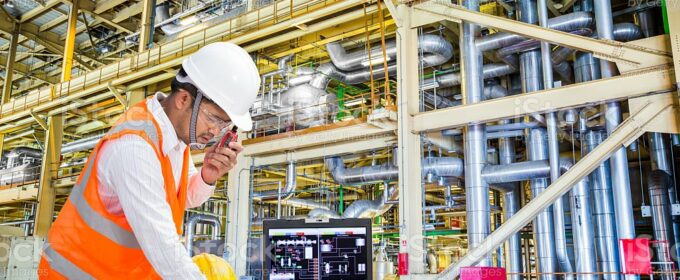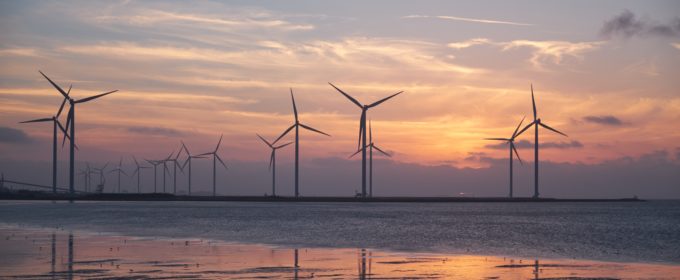Europe is struggling through a period of exorbitant energy prices. In addition to directly hitting consumers with a higher cost of living, high energy prices will also have detrimental effects on business and industry. In this blog, Will Bodel from the Dalton Nuclear Institute examines the role of nuclear energy in reducing the cost of […]









